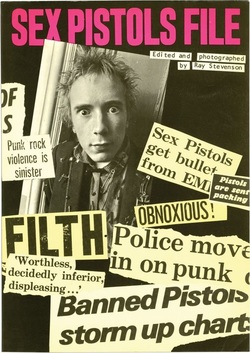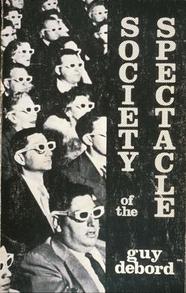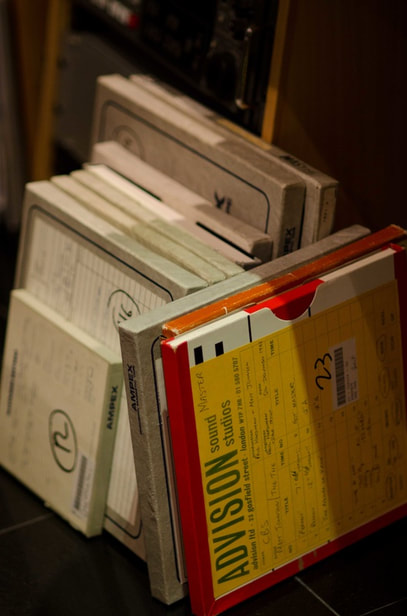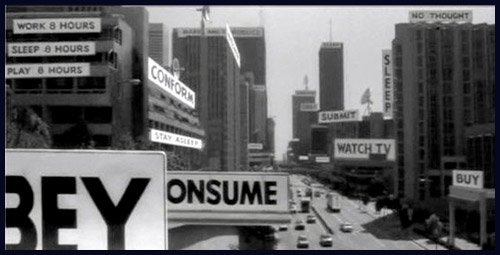 The book is now with Omnibus Press, who have been publishing books on popular music for as long as I can remember. In fact the first book on music I ever bought, way back in January 1979 was published by them. Ray Stevenson’s Sex Pistols File is quite an interesting book in retrospect – which is not to say it wasn’t when it was first published in 1978. A book purely made up of pictures and the odd newspaper clipping, it was significant at the time because it brought everything image-wise about the brief career of the Pistols in one place, and for such a visually arresting band, the format made perfect sense. It makes the ideal companion for Jon Savage’s England’s Dreaming, published a decade later (although fans will also be tempted by Johan Kugelberg’s recent God Save The Sex Pistols).  But going back to the late seventies and even into and through the eighties, it strikes me that books about music weren’t taken that seriously on the whole. Compare that to today when the shelves of big bookshops are fit to bursting with music books of every stripe. Pretty much every artist with any kind of career has been written about (although Killing Joke are one who seem to have slipped through the net now I think of it) and every genre has been covered. I guess one obvious factor is that we have been through another thirty odd years of music and popular culture and not only that but there has been a fundamental change in this culture that has reduced the significance of music in our cultural lives. There should be no doubt by now to most observers that music does not hold the central importance in the lives of young people in the same way it did for previous generations. It holds no physical presence in the digital age for one thing and, though it is everywhere there is no shared focal point like Top of The Pops was in the past. The fact that, for most young people, music has been completely de-valued by becoming free, or as good as, has ironically turned music as a whole into a product to consume, but the actual product – i.e. the individual work of an artist – has been completely cheapened. What pop consumers pay for now (and what therefore holds value) is the technology – the mobile phone. As a teacher (and any parent will tell you the same) I can testify to the fact that young people today put their smart phone above absolutely everything else, and music is just a small part of its appeal, increasingly way down the pecking order compared to the moving image. Behind social media, and games, streaming movies and television shows are king. You Tube is more popular than the content it holds – it is a brand, like Apple that even small children identify with. The equivalent would have been youth in the seventies being more into EMI than they were The Sex Pistols. Wearing a CBS t-shirt rather than a Clash t-shirt. Let’s face it, as a teenager were you more into the manufacturer of your record player or your actual record collection?  You’ll have to forgive me for what might appear to be random musings; after all, what has all this got to do with the deadline for my own book? Well, I think it is linked to why the bookshelves are stacked with so many music books. Simon Reynolds looked upon this issue with Retromania and one can’t help feeling that there is so much interest in retro because looking back increasingly seems to be all we have. It’s not that there isn’t a future but that maybe there is no future in the current model of popular culture. Pop culture is, at heart, an American phenomena, and if you consider the possibility that American culture is looking somewhat defunct, as well as increasingly dysfunctional - the possibility that the American Empire might be seriously on the wane - then that would go some part towards answering why we are in the state we are in. In an age where the future is scary or unthinkable, is it any surprise that we cling resolutely to the past. There is still an artistic culture of course but it is so fractured and fragmented that it can barely be seen or heard. The collapse of what you might want to consider as consensus when it comes to pop culture, together with the impact of digital technology has changed everything. The teenager was a social construct of a certain age and perhaps that age is over. In fact you could argue that the seeds of destruction were sown at the very beginning. The likes of Guy Debord certainly thought so, which, via Malcolm McLaren and Jamie Reid brings us neatly back to The Sex Pistols again, and a book that was just a load of pictures. We are no longer a literate society. For anyone who still doubts this just compare a copy of the NME of 1979 with one of today – side by side – and you will see what I mean. Perhaps we are now rinsing the last few drops to be consumed by members of the last few generations who still care? In which case I better make sure I meet my deadline so I can crack on with another book about music and pop culture before there’s nothing left to write about but the spectacle.
2 Comments
|
Archives
November 2019
Categories
All
|


 RSS Feed
RSS Feed